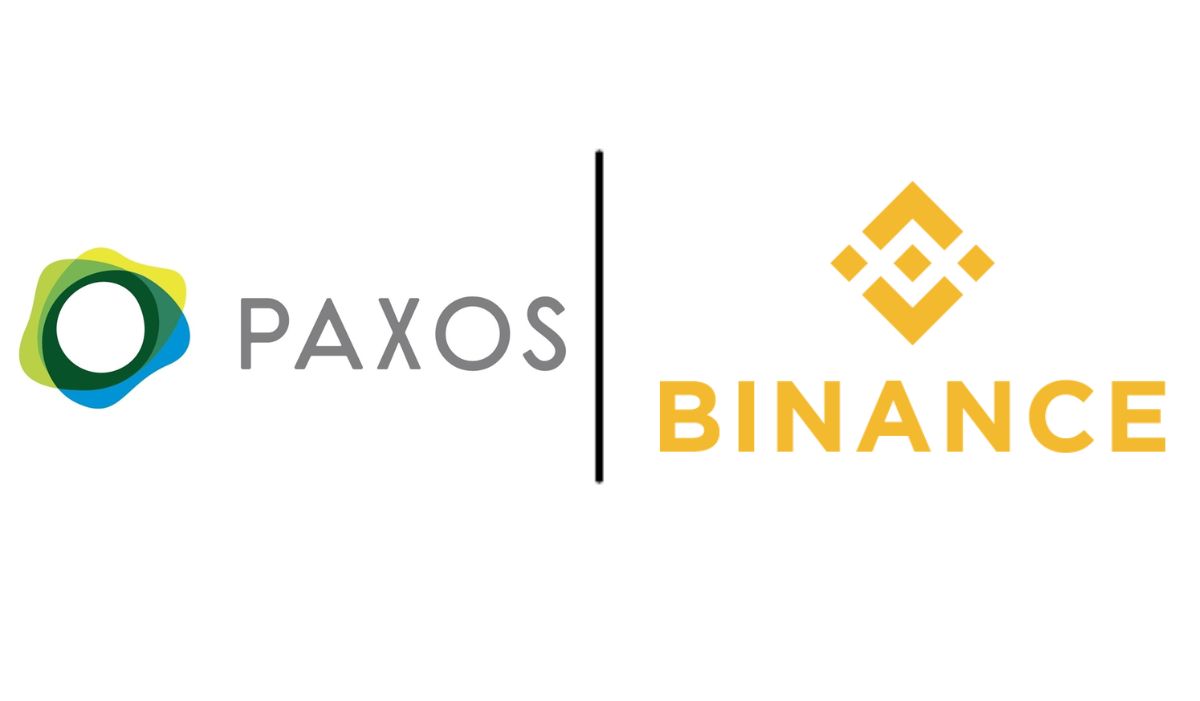Fintech Firm Fined $26.5M Over Compliance Failures in Binance Partnership

New York-based fintech firm Paxos Trust will pay $26.5 million to settle regulatory charges tied to its former partnership with Binance, the world’s largest crypto exchange. The New York State Department of Financial Services (NYDFS) announced the penalty on Thursday, citing Paxos’ lack of adequate due diligence and systemic lapses in anti-money laundering controls.
In addition to the fine, Paxos has committed another $22 million toward improving its internal compliance infrastructure, according to the regulator.
The charges stem from Paxos’ role in issuing Binance USD (BUSD), a U.S. dollar-backed stablecoin launched in partnership with Binance. Though the partnership ended in 2023, regulators said Paxos failed to properly assess the risks associated with working with Binance, including allowing U.S.-based users unauthorised access to Binance’s services.
“Licensed firms are expected to implement strong risk management practices tailored to their business models, including oversight of third-party relationships,” said NYDFS Superintendent Adrienne A. Harris.
In response, Paxos emphasised that the issues raised were historic and have been fully resolved. “These matters were identified more than two and a half years ago and have since been remediated. There was no consumer harm, and customer accounts were unaffected,” the company told Decrypt.
The company ended its relationship with Binance and stopped minting BUSD in 2023. At the time, the U.S. Securities and Exchange Commission (SEC) had also signalled plans to sue Paxos for alleged violations related to securities laws.
Despite the regulatory setbacks, Paxos maintains that it continues to lead in compliance and transparency. “No blockchain or tokenisation platform has worked harder to secure regulatory oversight and meet institutional standards,” the company said.
While BUSD is no longer active, the case underscores the heightened scrutiny on crypto firms engaging with major global exchanges, especially when offering products that may fall into regulatory grey areas.





